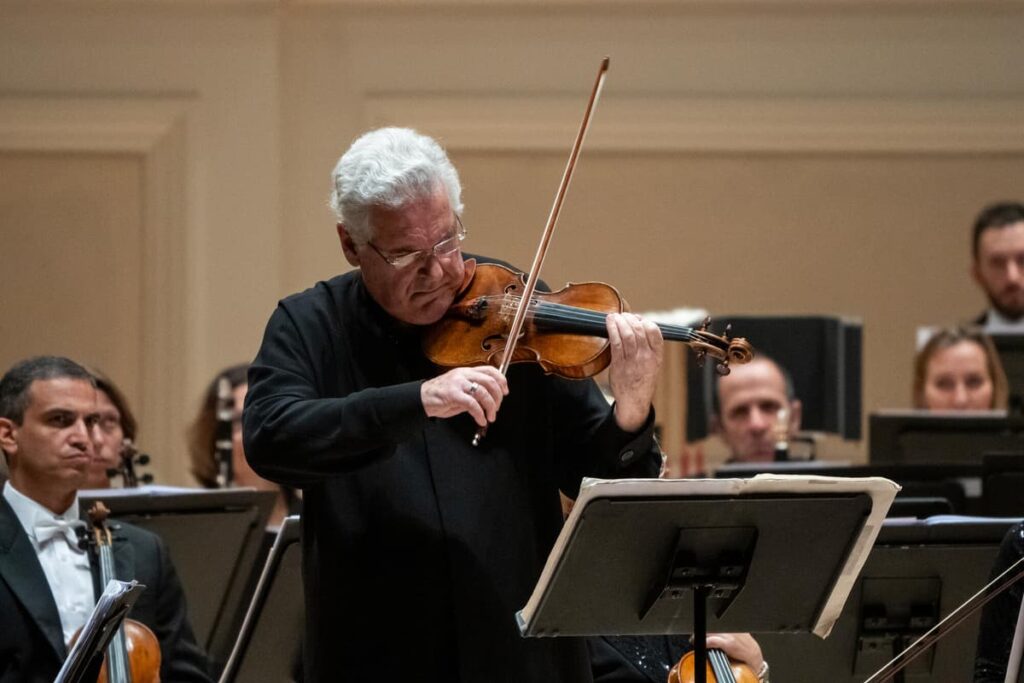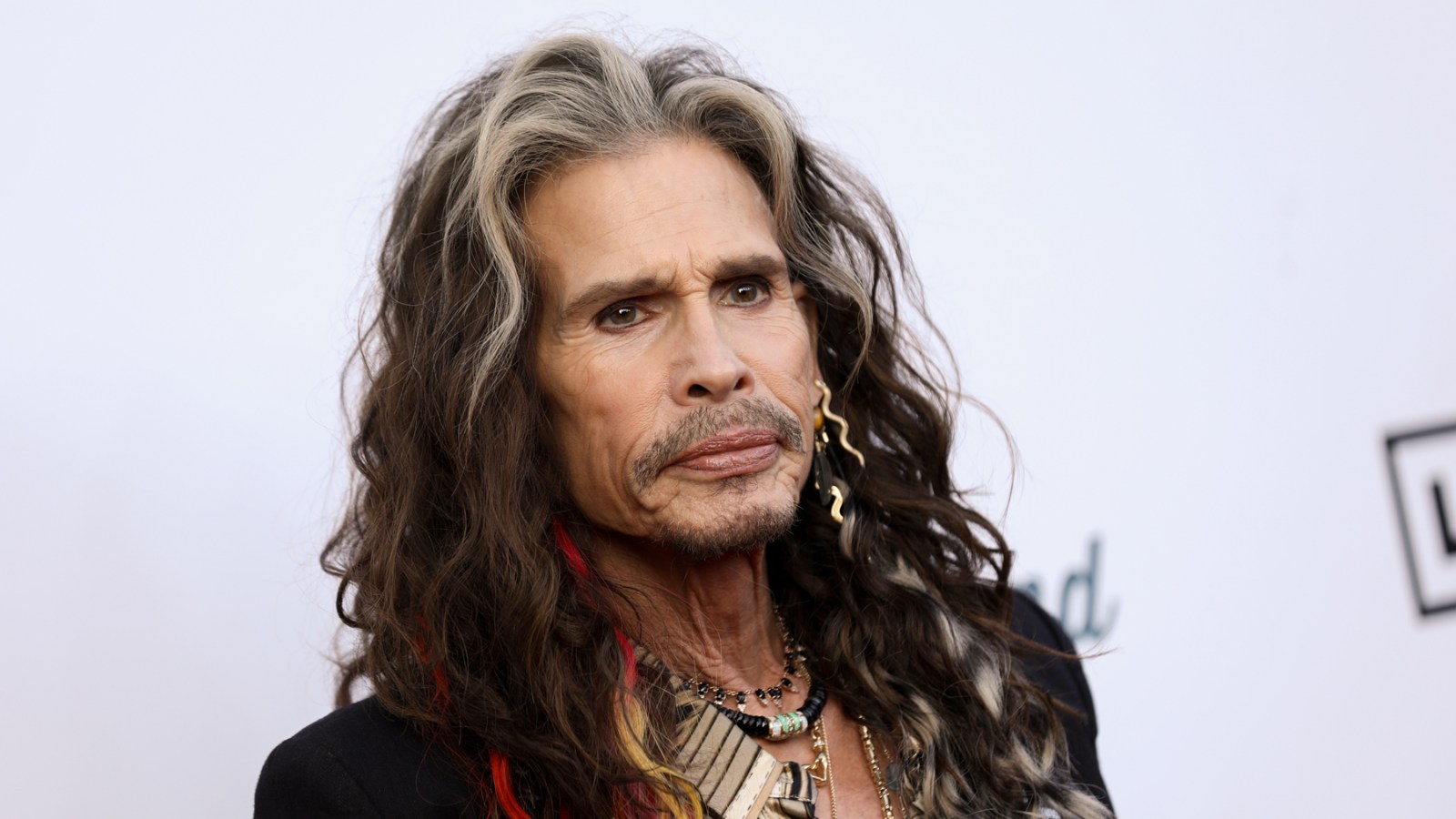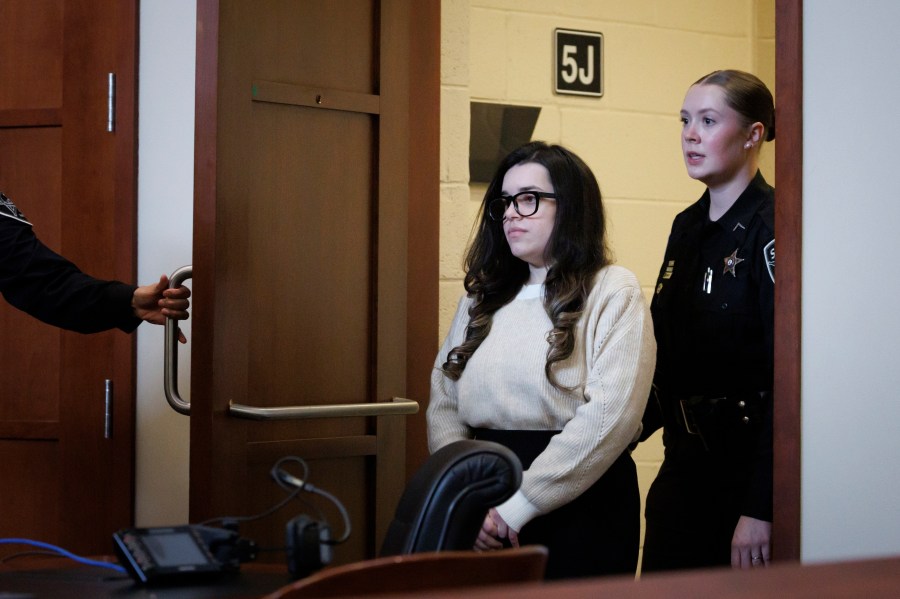
The Israel Philharmonic Orchestra delivered a powerful performance at Carnegie Hall last week, coinciding with the emotional return of 20 hostages released from Hamas custody. The concert, devoid of explicit political themes, resonated with the audience, evoking a sense of joy and relief as it celebrated a pivotal moment in the Jewish state’s history.
Inaugurated in 1936, the Israel Philharmonic has long served as a sanctuary for Jewish musicians escaping persecution in Europe. Its inaugural concert featured the renowned conductor Arturo Toscanini and compositions by Richard Wagner, though Wagner’s works have since been banned due to their association with anti-Semitism following Kristallnacht. The program presented at Carnegie Hall included Sergei Prokofiev’s “Overture on Hebrew Themes,” Paul Ben-Haim’s violin concerto, and Pyotr Tchaikovsky’s “Symphony No. 4 in F Minor.”
Prokofiev’s “Overture on Hebrew Themes,” crafted in collaboration with a sextet of Jewish musicians called Zimro, reflects a blend of klezmer melodies and the rhythms of prayer. Prokofiev himself fled the Soviet Union in 1917 and found refuge in New York City. The performance was a reminder of the cultural contributions of Jewish artists throughout history.
Renowned violinist Pinchas Zukerman took the stage to perform Ben-Haim’s concerto. Born Paul Frankenberger in Munich, Ben-Haim was awarded the Israel Prize in 1957, recognizing his significant impact on Israeli music. Leonard Bernstein, who conducted Ben-Haim’s work at Carnegie Hall in the late 1950s, praised it as embodying both a universal appeal and a distinctly Israeli essence. The concerto’s second movement echoes traditional Hebrew melodies and is influenced by Mizrahi music, showcasing the rich tapestry of cultural influences that shape Israeli identity.
Zukerman’s performance was marked by a sense of dignity and precision, contrasting with the dynamic style of the orchestra’s music director, Lahav Shani. Shani, a young prodigy soon to assume the role of chief conductor of the Munich Philharmonic, brought an energetic presence to the stage. A particularly poignant moment occurred when Zukerman and Shani performed a lullaby from Zukerman’s childhood, connecting the past with the present.
The concert’s highlight was Tchaikovsky’s “Symphony No. 4,” a piece characterized by its emotional depth and complexity. Tchaikovsky described the symphony’s opening notes as representing the “fatal force” that disrupts the quest for happiness. Despite the composer’s struggles with personal turmoil, his works continue to resonate, illustrating the enduring power of music to transcend adversity.
The founder of the Israel Philharmonic, Bronislaw Huberman, envisioned an orchestra that would unite the aspirations of a nation with the artistic desires of Jewish musicians. This vision remains relevant today, as cultural figures in Israel navigate a landscape marked by boycotts and hostility towards the Jewish state. The commitment of the Israel Philharmonic to uphold the values of civilization through music stands as a testament to resilience and hope in challenging times.
As audiences left Carnegie Hall, the atmosphere was charged with a sense of renewal, underscoring the orchestra’s role in not only celebrating cultural heritage but also in fostering a spirit of unity and healing.





